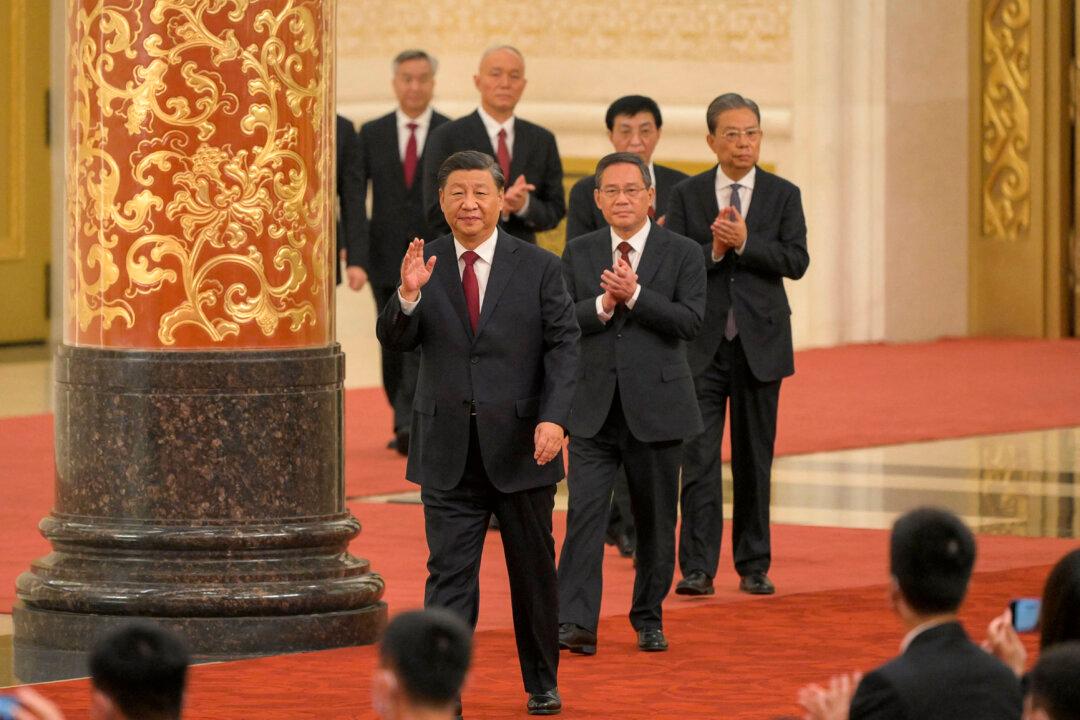Commentary
Mainland China’s “new civil war” was not resolved with the Chinese Communist Party’s 20th Party Congress, which ended on Oct. 22. It just began its move to a new and globally significant phase.

Mainland China’s “new civil war” was not resolved with the Chinese Communist Party’s 20th Party Congress, which ended on Oct. 22. It just began its move to a new and globally significant phase.